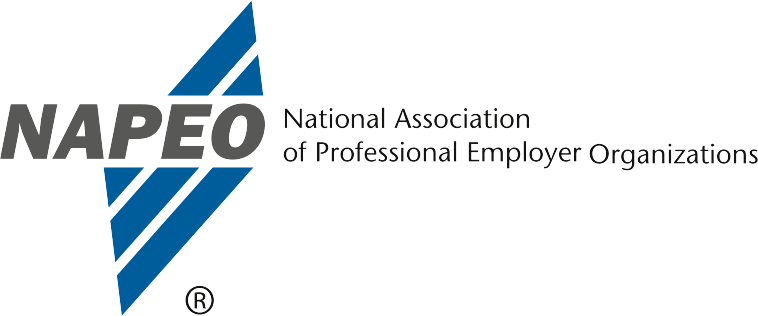HRP ALERT: Colorado Wage Protection Act of 2014 Now in Effect
All employers operating in the state of Colorado must be familiar with the Wage Protection Act of 2014. This act, signed into law on May 29th, 2014, amends and greatly expands Colorado's existing Wage Payment Act, which covers paydays, deductions from pay and payments of wages on separation from employment for almost all private employees in the state, with no exemption for a minimum number of employees.
As of January 1st, terminated employees or the Division of Labor now have two full years to file a written demand for unpaid wages and compensation, which adds 22 additional months to the previous 60-day deadline for an employee to file a complaint with either the division or a court, and penalties will accrue from the date of the violation. The amended act also empowers the division to adjudicate claims and impose fines and penalties of $7,500 or less for wages earned since January 1st. The division can now fine employers for failing to respond to a division notice, and failure or refusal to testify at a hearing or produce records in response to a division subpoena will be a misdemeanor, punishable by a fine, a short jail sentence, or both. The division is also now empowered to grant fees to attorneys representing employees.
Employers in the state are now required to maintain records of every employee's pay statements for at least three years after payment of wages, and these records must be available upon request of the division. Additionally, employers must now mail final wages to an employee's last known address if they have not received them within 60 days.




